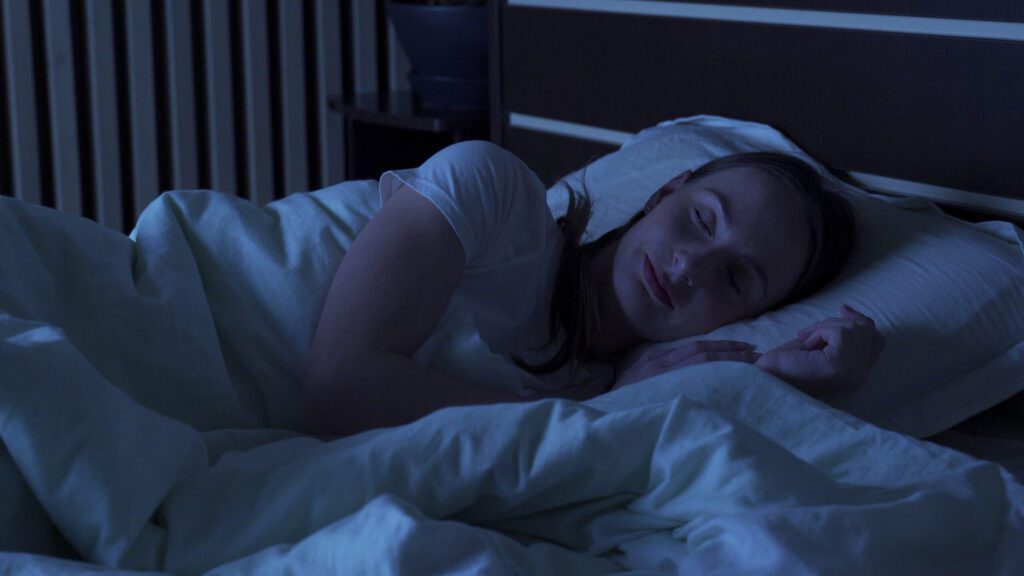by TERESA SCHIFFER
Sponsored by Central Florida Health Care
Sleep is often an underrated aspect of our self-care routine, but lack of sleep can have a negative impact on our health, especially our mental and behavioral health.
There are two broad categories of sleep: REM and non-REM. REM stands for “rapid eye movement. Within non-REM sleep, there are three stages. The first stage is when you are first dozing off and your heart rate begins to slow and your breathing becomes deeper. In the second stage, your body relaxes even further, your temperature drops a bit, and your eyes stop moving about.
The third stage of sleep is your body’s deepest state of relaxation. During this stage, you are not experiencing stress or negative thinking, so you are able to fully relax.
According to Central Florida Health Care’s Ruth Delva, a licensed clinical social worker, the third stage is the most important category.
“This is the lowest level – you’re relaxed, your heart rate has slowed down, your muscles are relaxed, and you’ve entered into a deep sleep,” she explains.
The other state of sleep is REM.
“In REM,” Delva says, “there’s a lot of activity going on in the brain. So though you’re in a deep state of sleep, you’re expending a lot of energy. This is where you’re dreaming and your body becomes a bit incapacitated temporarily.”
So what makes sleep so important? Simply put, it’s powerful.
“We know that lack of sleep can alter mood,” Delva explains. “We know it can cause irritability and anger, and it can also cause you not to be able to cope well with stress. Sleep impacts mental health, and mental health impacts one’s mood.”
The third stage of sleep is particularly important because that is when you are able to completely relax your body and mind. Without this state of relaxation, a number of negative changes can take place within you.
“When you aren’t relaxed, when you aren’t able to get sleep,” Delva isays, “you’re going to be crankier, sluggish, you may be forgetful, not able to focus, so it’s very vital that you get a good amount of sleep.”
The National Institute of Health recommends that the typical adult get about seven to nine hours of sleep each night. This is necessary for an individual to feel energized, with a more positive mood and mental health state.
To ensure that you are giving yourself the best chance at a good night’s sleep, there are a few things to keep in mind.
First, avoid using electronic devices for at least 30 minutes prior to bedtime. The blue light emitted by cell phones, computer screens, and televisions can interfere with the body’s production of melatonin, which is the hormone regulating the sleep cycle.
Don’t eat a heavy meal before bed, either. This causes the body to expend energy while digesting food at a time when you should be decreasing your energy usage. Caffeine is a stimulant and should be avoided in the evenings. Though alcohol is a depressant, it can interfere with melatonin production, and also should be avoided.
Limit naps to 30 minutes or less. Create an appropriate sleep environment in your bedroom with dim lights, comfortable bedding, and, if it appeals to you, essential oils to diffuse calming scents in the room. If you are still having trouble winding down, visit Central Florida Health Care to make sure there is no underlying medical problem for your restlessness.
